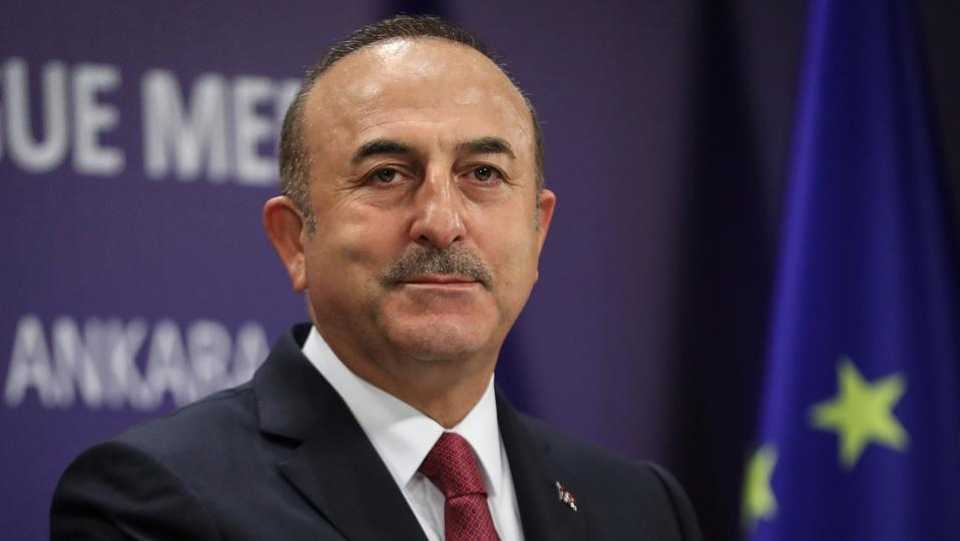
President Donald Trump does not want to impose sanctions on Turkey over its purchase of the Russian S-400 missile defence system, Turkish foreign minister Mevlut Cavusoglu said on Monday, adding that he does not expect the US to take such action.
Turkey will, however, retaliate if the US imposes sanctions over Ankara, Cavusoglu said in a televised interview with broadcaster TGRT Haber, adding that any such sanctions would be unacceptable.
Cavusoglu was speaking on the decision by the Trump administration to remove Turkey from the F-35 fighter jet programme over the S-400s.
Turkey will take counter-measures if the US adopts a hostile attitude towards it, Cavusoglu said.
If Turkey doesn’t get F-35 jets from the US, the country would meet its needs from other sources until it produces its own, he added.
On Wednesday, Washington announced it was removing Turkey out of the F-35 fighter jet programme, following through on its threats after Russian S-400 hardware landed in Ankara.
Following protracted efforts to purchase an air defence system from the US, Ankara signed a contract in 2017 to purchase the S-400s from Russia.
US officials argued the Russian system would be incompatible with NATO systems and expose the F-35s to possible Russian subterfuge.
Turkey urged the formation of a commission to clarify any technical issues, but the US failed to respond to this proposal.
The delivery of S-400 components began on June 12 and is set to continue through April 2020.
Drilling in Mediterranean
Turkey was ready to cooperate in order to resolve the dispute over energy resources in the region, the foreign minister told TGRT Haber.
“We want normalisation of relations with Greece,” he added.
He said while Turkey supports resource sharing, the Greek Cypriot side does not want to share resources with anyone. Cavusoglu urged the EU to mediate in the issue.
Turkey currently has two drilling vessels in the area.
“We don’t want anyone questioning the rights on our own continental shelf,” he said.
No further energy exploration or drilling ships are necessary in the eastern Mediterranean for now, Cavusoglu said.










Discussion about this post